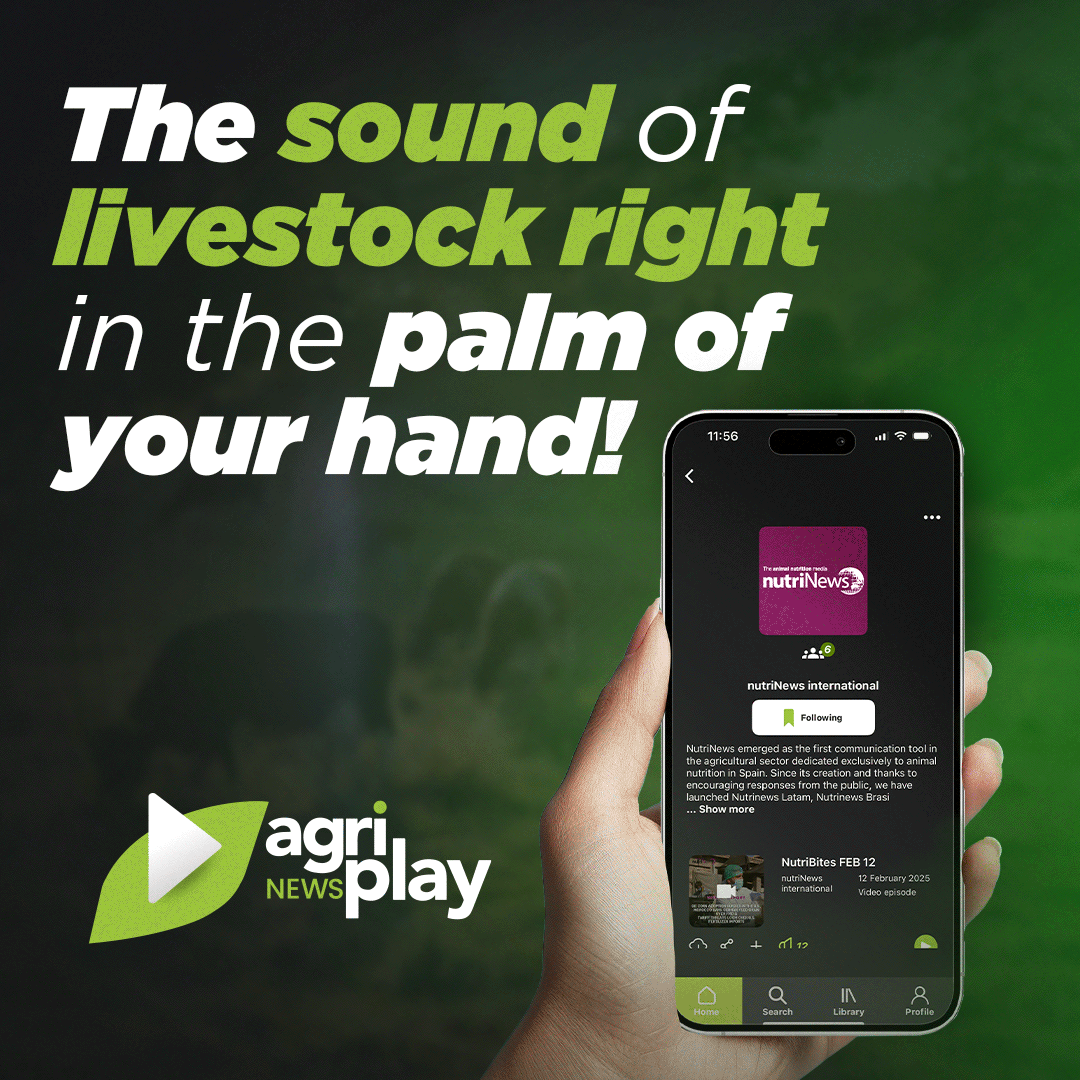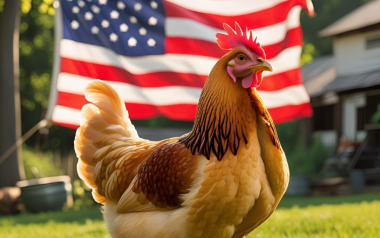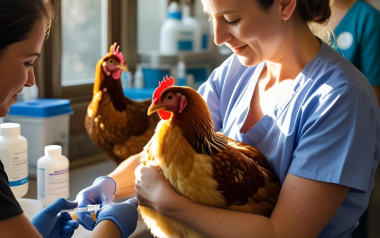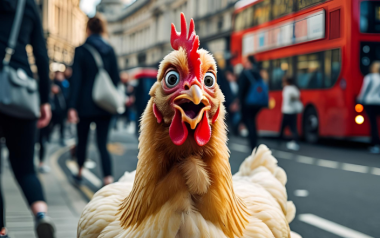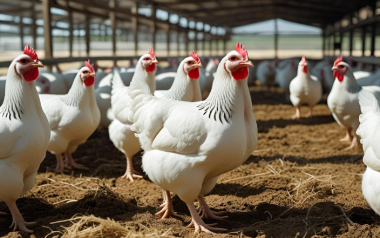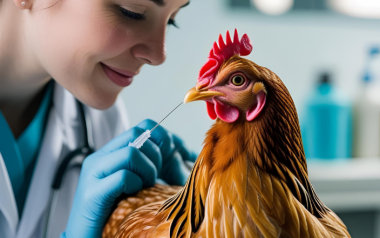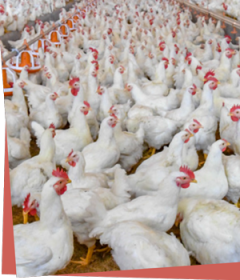
15 Jul 2021
Infectious Coryza – Constant danger in broilers
The economic impact caused by respiratory diseases is of great importance in raising broilers. The constant search for improvements has encouraged companies to invest in vaccine programs, biosecurity, and preventive management. A disease that until recently was considered only of properties with low biosecurity has worried high-tech facilities: Infectious Coryza (IC).
Available in other languages:
Content available at:
Português (Portuguese (Brazil))
The economic impact caused by respiratory diseases is of great importance in raising broilers. The constant search for improvements has encouraged companies to invest in vaccine programs, biosecurity, and preventive management.
A disease that until recently was considered only of properties with low biosecurity has worried high-tech facilities: Infectious Coryza (IC).
The agent
Infectious Coryza is an acute respiratory disease of chickens and the causative agent is Avibacterium paragallinarum, formerly known as Haemophylus paragallinarum.
It is a gram-negative bacterium and there are three serogroups (A, B, and C) identified based on the hemagglutination inhibition test (1).
IC can be influenced by environmental factors such as:
Continue after advertising.

Overpopulation
The virulence of the bacteria and
The existence of concurrent infections that complicate the infection (7)
The interaction of other pathogens can worsen the clinical case, with several factors that may be related to cases of IC.

Infectious Coryza – Constant Danger in Broiler Chicken
In the literature, it is found that most cases occur in adult birds and that susceptibility increases with age and also at multiple ages.
However, outbreaks may occur:



Infectious Coryza – Constant Danger in Broiler Chicken
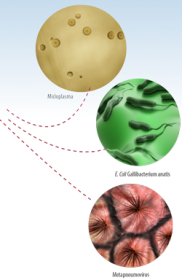
The low relative humidity is a considerable cause of predisposition to IC outbreaks.
In periods when there is low precipitation, associated with dry litter, the dust generated inside the house is one of the main triggers to start the outbreak. A large number of dust particles inside the house can open doors for the agent.
It is important to highlight that large amounts of quicklime spread on poultry litters (mainly for the control of Salmonella spp.) must be taken into account to understand outbreaks in facilities with good biosecurity.
Adverse environmental conditions, including:


can predispose viral and/or bacterial colonization of the respiratory epithelium as a result of detrimental effects on the mucociliary system. (4)

Infectious Coryza – Constant Danger in Broiler Chicken
Transmission
The main transmission routes are:

Water,
feed contaminated by nasal secretions and
vectors like flies

In addition, also, contaminated feeders and drinkers are able to act as a vector and spread the agent to the birds (1, 4, 5, and 6).
Avian hosts, Gallus gallus domesticus (chickens and hens) rapidly spread the agent (Avibacterium paragallinarum) among them, mainly during the course of the disease. Infected birds are carriers and serve as a source of contamination for other flocks.
Other domestic birds such as pigeons and ducks acquire the disease but do not show clinical signs, playing an important epidemiological role in its spread.
The incubation period is 24 to 72 hours. When there is no secondary infection, the course of disease in field outbreaks is 2-3 weeks (1, 4, 5, and 6).
Avibacterium paragallinarum is a very sensitive organism outside the bird, it only survives for a few days. Hence the importance of biosecurity and down-times between flocks. IC is a highly prevalent disease in Brazil and morbidity and mortality vary, depending on the types of facility and the health of the host.
Clinical signs:
IC is characterized by:




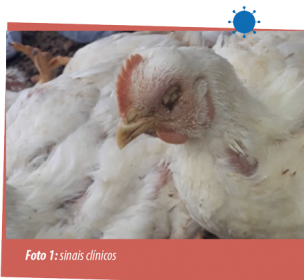
It is also possible to observe conjunctivitis in affected birds. Septicemia and arthritis have been seen in some cases. (1 and 4).
In addition to the classic clinical signs, IC can present a neurological clinical sign, mainly:

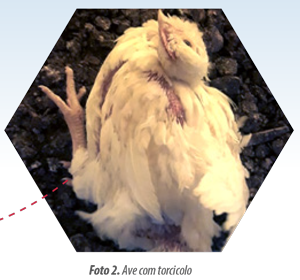
opisthotonus and
torticollis (PHOTO 2)
This is mainly due to:

internal otitis and
meningoencephalitis
This clinical sign may surprise many, as it resembles Newcastle’s disease.
Microscopic evaluation of tissues obtained from chickens with neurological signs, CRISPO et al. (2018) revealed severe meningoencephalitis and otitis media and internal, with extensive inflammation of the vestibular system and cerebellum, which correlates with the observed clinical signs.
Both the ear and the brain play a major role in postural balance, spatial orientation, and muscle coordination.

Diagnosis
Isolated clinical signs should not serve as definitive factors for an accurate diagnosis of IC, as other diseases can produce similar signs.
However, a presumptive diagnosis can be made based on:

in its symptoms, and
in the previous occurrence of the disease in that house or in that region.
For all intents and purposes, a definitive diagnosis can only be made with the isolation of the bacteria. (1;2).
For the isolation of the bacteria (PHOTO 3), it is common to send to the laboratory, a refrigerated sample of the head of affected birds. In the laboratory, the place of choice for collection is the infraorbital sinuses, from which the exudate is collected.
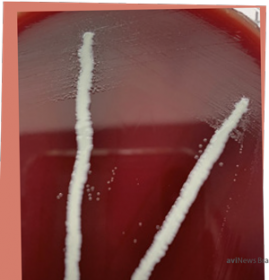
Photo 3: Avibacterium ragallinarum isolate
The polymerase chain reaction (PCR) molecular detection technique is also a form of diagnosis.
TO CONTINUE READING REGISTER IT IS COMPLETELY FREE
Access to articles in PDF
Keep up to date with our newsletters
Receive the magazine for free in digital version
REGISTRATION
ACCESS
YOUR ACCOUNT
LOGIN
Lost your password?





